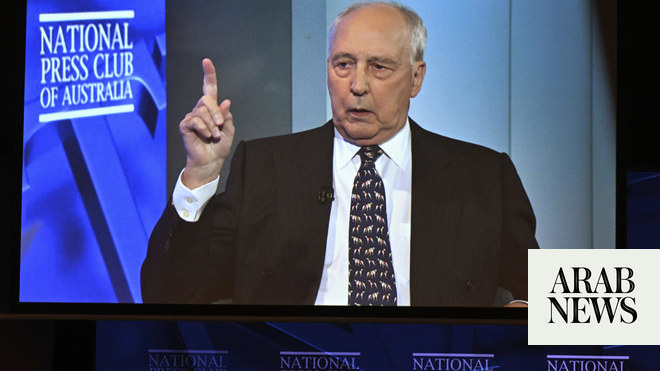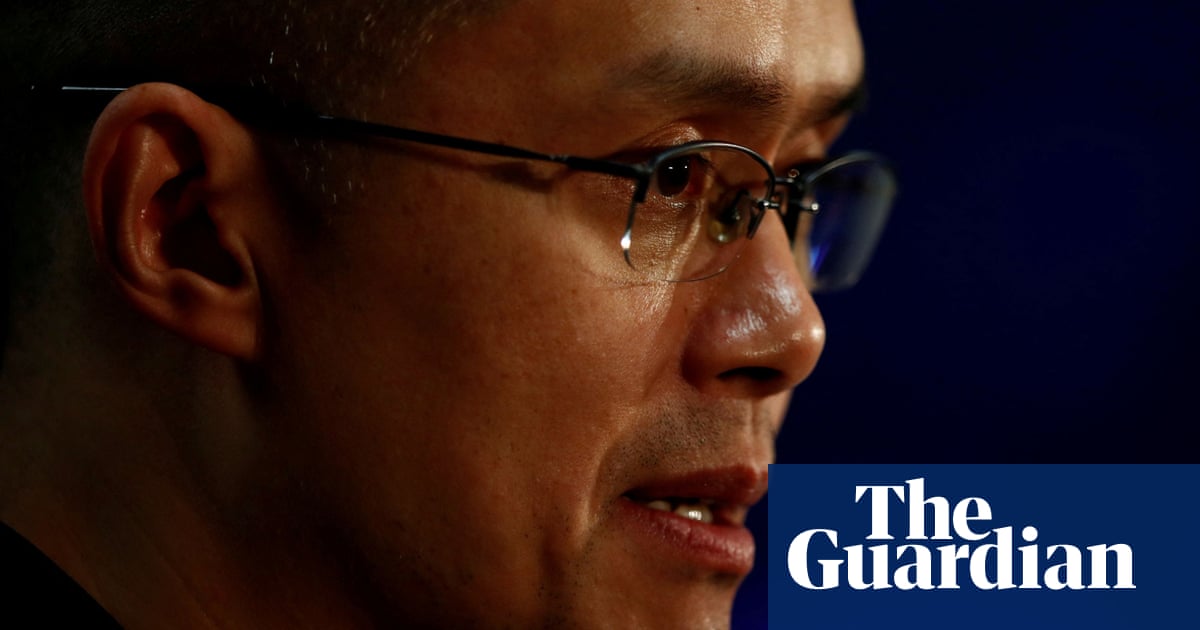
A $4bn (£3.22bn) takeover that has been dubbed the worst deal in history just got that little bit worse.
Ticket resale company Viagogo completed the $4bn buyout of US market leader StubHub from online auction firm eBay in February.
Weeks later, the global coronavirus pandemic effectively shut down the global live events business from which the two firms make all of their money.
On Thursday, the UK competition watchdog compounded Viagogo’s misery by launching an “in-depth” investigation into the tie-up after its initial investigation concluded that a marriage between two firms with an 80% share of the ticketing market might be bad for consumers.
The decision, by the Competition and Markets Authority (CMA), presents a major problem because the two businesses must be run as separate entities while the regulator carries out an investigation that could last six months.
This will significantly reduce cost synergies, even as both companies’ revenues have dried up altogether.
Viagogo founder Eric Baker now faces an uncertain future over a landmark deal that, just weeks ago, looked to be a satisfying personal victory, as well as a business one.
The entrepreneur co-founded StubHub but was forced out after a falling out with business partner Jeff Fluhr.
While Fluhr retained control, Baker moved to London where he replicated StubHub’s US success by setting up Viagogo to conquer the European market.
Returning triumphant with a $4bn takeover of the business he founded allowed Baker not only to reclaim ownership of his first success story, but to unite it with his second.
To fund the deal, he raised $2bn of debt including an investment from the world’s richest family, the Walton dynasty behind US retailer Walmart, who saw the merit in a globe-straddling ticketing empire with 12 million customers in 70 countries and more than $7bn in annual sales.
As recently as 21 February, a week after the deal closed, Baker played down the danger posed to this new empire by coronavirus.
“As we sit here today it has not [affected our business] because most of the live events where we’ve seen cancellations have mostly been in China and a few in Taiwan and Singapore,” he told business news channel CNBC.
“Right now, it’s been isolated to Asia specifically and mostly China.”
Weeks later, the World Health Organization declared a global pandemic. The day after that, Live Nation and AEG – by far the largest players in events promotion – cancelled all extant music tours. Sports and theatres followed suit.
Essentially, Baker had spent $4bn, half of it other people’s money, on building a business that no longer had any income, nor any certainty about when it could trade again. It was a stroke of bad luck that led Forbes to call the takeover the “worst deal ever”.
Ticketing industry consultant Eric Fuller, who has predicted StubHub will file for bankruptcy protection in the US, said: “Eric Baker was brilliant when he put that [deal] together.
“It was like Steve Jobs coming back from Pixar to rescue Apple and build it into the biggest company on the planet.
“He overpaid but it probably made sense in the context of the worldwide domination that he would have.
“Then you had the bullet that nobody saw coming. Within days, the entire market shuts down.”
Both companies face a financial double-whammy, under pressure to refund angry buyers, with no new income.
“They [StubHub and Viagogo] don’t have the money [to give refunds] and good luck collecting it because the brokers don’t have the money either.”
The CMA’s verdict is yet another fly in the ointment.
The competition regulator has shown plenty of appetite for blocking mergers it feels would hurt consumers in recent years, scuppering Sainsbury’s merger with Asda and JD Sports’ takeover of Footasylum in the past two years.
Fuller believes Viagogo could deal with this scenario by simply shutting down the StubHub brand in the UK, eating up its market share, and dealing with a monopoly investigation if and when it comes.
“It’s the entrepreneur’s credo, live to play another day, maybe get another government,” he said.
“Wait until the CMA has a bigger problem and it’s not fun to do the ticket thing any more.”
Viagogo said it had “worked constructively with the authority to put forward a remedy which it believes addresses any possible concerns and will continue to work closely with the CMA during the phase 2 inquiry.”
In the meantime, campaigners who have long raised concerns about the ethics of for-profit resale and some of Viagogo and StubHub’s business practices are celebrating a small victory.
FanFair Alliance – supported by management and promotion teams behind artists such as Ed Sheeran, PJ Harvey, Arctic Monkeys and Pixies – welcomed the CMA’s intervention on Thursday.
“Viagogo’s predatory marketing practices and business model continue to endanger audiences, and its $4.05bn acquisition of StubHub raises acute competition concerns, particularly in the UK,” said spokesman Adam Webb.
“Even in the midst of the Covid-19 crisis, the thought of such a business monopolising for-profit secondary ticketing remains highly problematic.”
“FanFair Alliance therefore welcomes the CMA’s decision to refer the merger for an in-depth investigation.”
“Over recent years, there have been major steps forward in the UK to eradicate the bad practices of sites like Viagogo and StubHub and those of the large-scale ticket touts who dominate their supply chain.”
“It took a court order and escalated warnings from the CMA to force Viagogo’s compliance with a whole range of consumer protection laws. The company’s treatment of UK audiences has been scandalous.”












